The thrill of the hunt keeps the morel pursuit engaging, frustrating and thrilling, all at once.
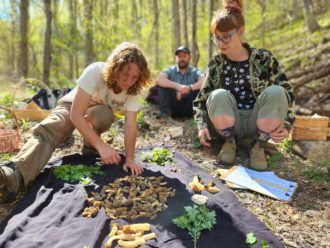

The thrill of the hunt keeps the morel pursuit engaging, frustrating and thrilling, all at once.

Steven Reinhold is a volunteer with Outdoor Gear Builders. The organization works to foster a prosperous outdoor business community by cultivating, connecting and supporting WNC’s outdoor industry.

Leland Arnsdorff is a volunteer at the WNC Nature Center. The organization works to connect people with the animals and plants of the Southern Appalachian Mountain region.
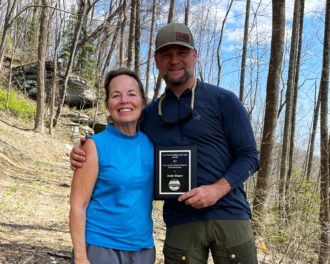
Andy Baker has spent the last 17 years building a home for himself, his family and many others through his development projects in Western North Carolina. Originally from Michigan, Baker graduated from Purdue University with a degree in forestry before pursuing a career in real estate development. Earlier this year, the Southeast Regional Land Conservancy […]
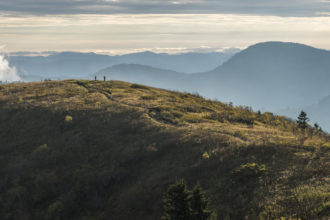
The latest Nantahala and Pisgah National Forests Land Management Plan was implemented last month and outlines land use for the next 20 years.
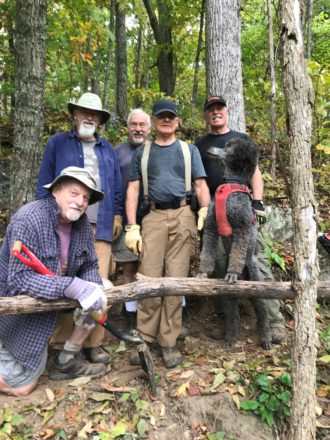
The passionate group of retired volunteers spent three years building the trail.

Waynesville man shows off his bushcraft skills as a contestant on the reality show
‘Naked and Afraid.”

Rich Preyer, on-site program coordinator at The N.C. Arboretum, discusses outdoor education, community collaborations and the return of the Wee Naturalist program.

Chehala Andriananjason, WNC program manager at Muddy Sneakers, discusses the benefits of small group learning, taking in the natural world and the best places to hike.

Jordan Rutherford, the guest services coordinator at the WNC Nature Center, share his thoughts on the benefits of outdoor education and the center’s most popular exhibits for kids.

The long-awaited plan to manage more than 1 million acres of national forest was released Friday by the U.S. Forest Service. The plan sets out a strategy to restore the ecological integrity of ecosystems and watersheds within Pisgah and Nantahala national forests.
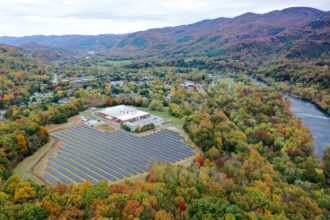
The microgrid includes 2 megawatts of solar panel capacity and 4.4 MW of battery storage. Those resources are enough to power the entire town for an extended period if its connection to the main grid is disrupted.

Wayne Simmons, operations manager for Asheville Parks & Recreation, speaks about health and wellness programs that the city offers, the benefits of physical activity and his favorite ways to stray in shape.

On Dec. 30, the nonprofit completed the purchase of 34 acres in Brevard to expand the preserve. The new land will bolster the existing 395-acre park, owned by the city of Brevard, which connects to the Pisgah National Forest.

The recent decision to harvest 26 acres that encompass an old-growth patch of forest on a 3,500-foot mountaintop – the Southside Project – underscores what some say is the widening incongruity between the U.S. Forest Service’s mission, climate change crisis and the public’s will.
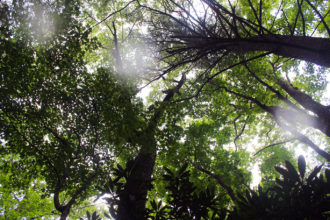
Scientists say old-growth forests are essential tools in the fight against climate change. Harvesting them releases greenhouse gasses, worsening climate impacts.
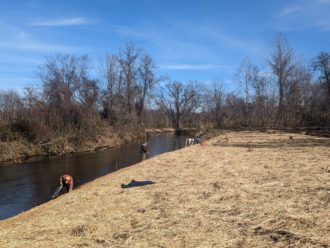
Backed by a $400,000 grant from the N.C. Land and Water Fund, the nonprofit Mills River Partnership is restoring roughly 14 acres of riverside near the plant. Maria Wise, the nonprofit’s executive director, says her organization will stabilize the riverbanks and replace invasive plants with native varieties.
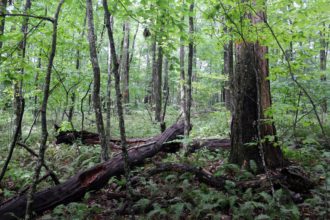
The recent decision to harvest 26 acres that encompass an old-growth patch of forest on a 3,500-foot mountaintop — the Southside Project — underscores what some say is the widening incongruity between the U.S. Forest Service’s mission, climate change crisis and the public’s will.
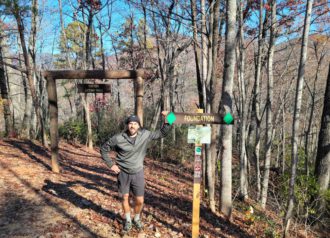
The first part of the Old Fort Trails Project, aptly named the Old Fort Gateway Trails, features six miles of accessible trails off of Curtis Creek Road in the McDowell County town. Another 36 miles of hiking, biking and horse paths are planned for construction through 2027.

The Asheville transplant discusses his journey to landscape photography.

In partnership with the WNC Farmers Market, the Asheville zoo launches its Educational Farmers Market Garden starting Wednesday, Nov. 16. The new exhibit focuses on sustainable relationships between agriculture and nature.